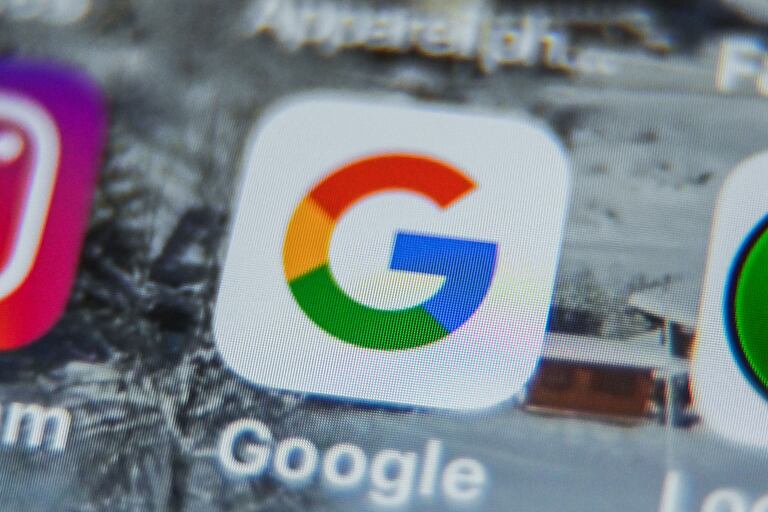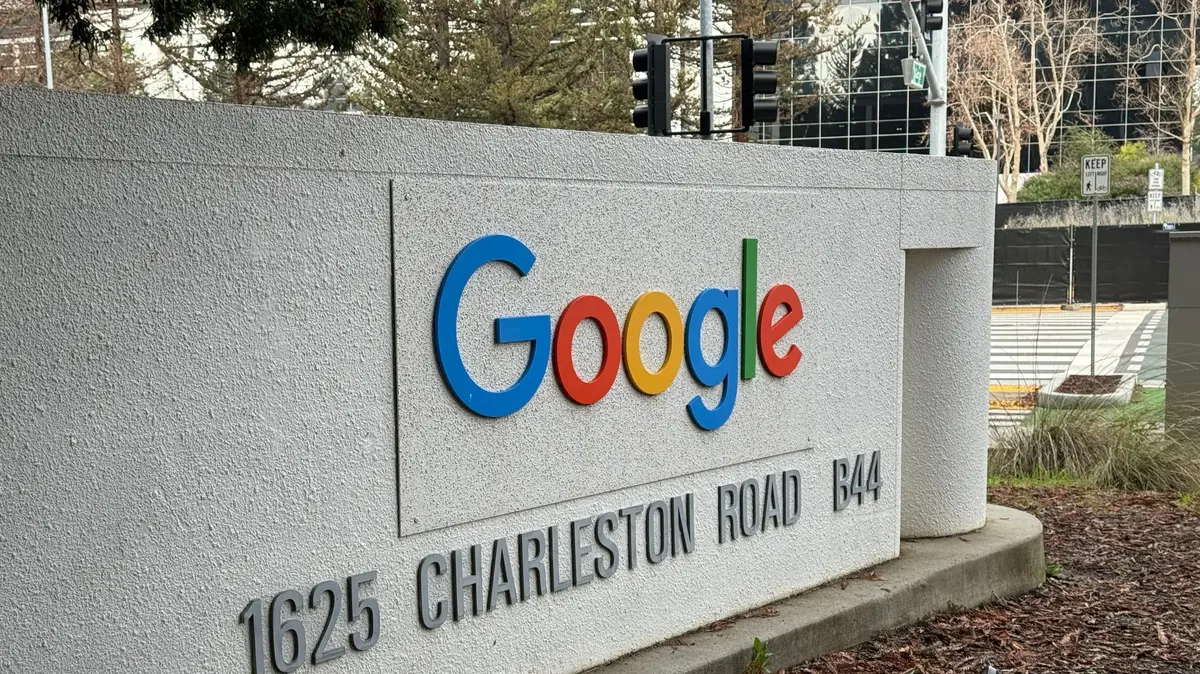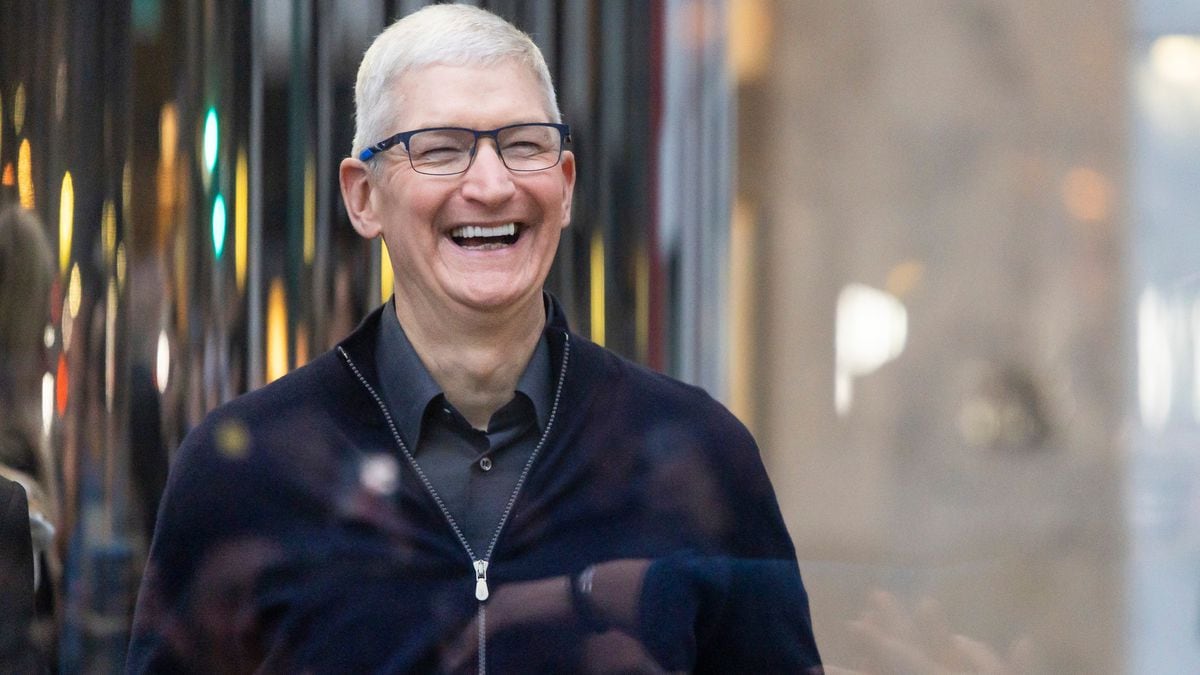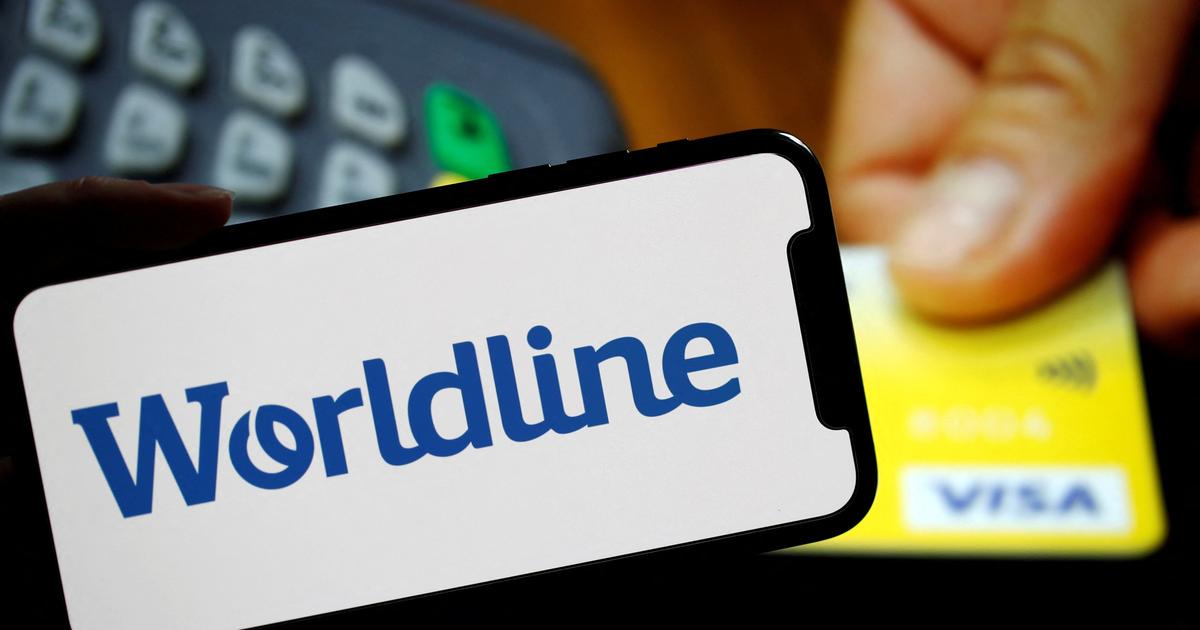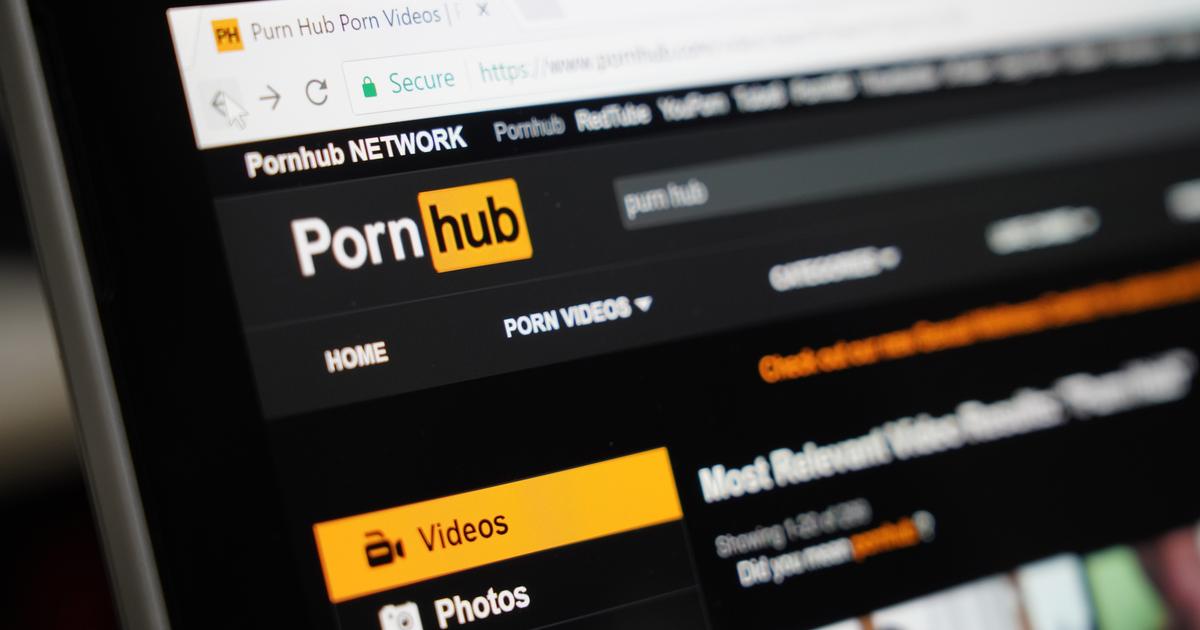Google logo on a tablet DENIS CHARLET / AFP
Google will pay 850 million in three years to press publishers to use its news
Google will have to agree on a form of payment with the French media for using its content.
In a long-awaited ruling across Europe due to its potential impact on other countries, the French Court of Appeal confirmed this Thursday that the digital giant has to negotiate with representatives of the press to find a way to reward publishers for reproduction. and public communication of extracts of his work both in the search engine, as well as in his News and Discover products.
This was decreed last April by the French Competition Authority, but Google appealed the decision to the courts, which have now ratified the initial ruling.
In its decision, the court "rejects the grounds for nullity" alleged by Google in refuting the order to start negotiations with the media.
In addition, it condemns the American giant to pay the costs of the process, as well as a sum of "20,000 euros each" of the three representatives of the media with which it maintains the litigation, the Agence France Presse, the Alliance of the Generalist Press (Apig), which brings together almost 300 media, and the Union of magazine editors (SEPM).
The court accepts the arguments of the Competition Authority by urging the digital giant to negotiate "in good faith" with the French press and emphasizes that "Google's notoriety and its consequent parts of the market, close to the monopoly, make its search engine an indispensable cataloging tool ”.
The Cour d'appel de Paris confirms the decision @Adlc_ ordonnant à @Google des mesures conservatoires et une negotiation de bonne foi sur les #droitsvoisins av les éditeurs de presse.
A three important decision.
The concurrence s'applique à tous, and compris dans le # numérique
- Isabelle de Silva (@IsabelleDeSilva) October 8, 2020
Press editors have seen their income eroded in recent years by the emergence of big technology, which has taken over most of the advertising business, putting the survival of many newspapers at risk.
However, the debate on the ownership of content goes beyond the economic sphere.
In fact, the European directive on copyright whose transposition in France has given rise to this clash between Google and the French media, assures in its sections 54 and 55 that “a free and plural press is essential to guarantee quality journalism ”.
That "their contribution to the public debate and the proper functioning of a democratic society is fundamental."
And that, to ensure the sustainability of the sector, it is necessary "a harmonized legal protection for press publications in relation to the use made of them by new online services", such as news aggregators.
France became the first country in the European Union - and that is why this battle is being closely followed by its neighbors - which in July 2019 converted into national law said directive on the so-called related rights that establishes that press editors can require agreements - and payments - to websites and news aggregators such as Google News for using their content.
However, the joy quickly turned to consternation when the US giant responded that if they were not given them for free, they would lose visibility in the search engine.
Faced with this turn, the Apig, the Union of magazine editors and AFP went last November to the Competition Authority, denouncing what they considered a violation by Google of its obligation to negotiate with them.
In April, the French court ruled in their favor, considering that Google, which in 2019 occupied 90% of the search engine market in France, was “likely to have abused its dominant position over the general search services market imposing unfair transaction conditions on publishers and press agencies ”.
Therefore, the Competition Authority established "emergency measures" that ordered Google to initiate, within a maximum period of three months, negotiations "in good faith" with publishers and press agencies that requested it with the declared objective of reach an agreement on their remuneration for "all use of protected content" according to "transparent, objective and non-discriminatory" criteria.
The decision of the Court of Appeals now forces Google to undertake this negotiating route.
"A very important decision," said the president of the Competition Authority, Isabelle de Silva, because it shows that the rules of competition "apply to everyone, also digitally."
In a statement, Google said it took note of the decision.
"We had appealed to have more legal clarity on certain elements of the decision and we are studying the ruling of the Court of Appeal," said the giant, quoted by France Presse.
"Our priority remains to culminate our discussions with French publishers and press agencies" on remuneration for content, he added.
A close deal
In fact, the court decision is known a few hours after Google and part of the French press announced that they are close to an agreement.
The digital giant confirmed the day before in another statement that its offer negotiated with the Apig media association, one of the plaintiffs, "includes the rights defined by law, as well as participation in News Showcase, a new service recently launched by Google." .
"We want to support journalism and ensure that as many people as possible can continue to access quality content," said Google France CEO Sébastien Missoffe.
The statement also cites the president of the French journalistic group Les Echos-Le Parisien, Pierre Louette, in charge of the negotiations by Apig, according to which the conversations in recent weeks “have confirmed that Google accepts the principle of remuneration for our means, which would make neighboring rights a reality ”.
Although Google's statement does not refer to any money, according to
Le Monde
, one of the media included in the negotiation, the figure that would have been agreed in the framework agreement would be between 20 and 25 million euros.
A high figure but “well below the amount claimed at the beginning of the negotiations, a year ago, by the newspapers: around 150 million euros, that is, half of the between 250 and 320 million euros of advertising losses estimated in the time by the EY-Parthenon cabinet in a study funded by the media, ”he explains.
According to information from
Le Monde
, once the framework agreement is voted, each of the 300 Apig press companies must establish a direct contract with the search engine.
The remuneration will be fixed, he adds, based on a negotiated scale that includes several criteria, the main one being the audience of the medium.
Google should still close a deal with the other two litigants, the magazine union SEPM and AFP, which on Wednesday celebrated that the "dialogue thread" with Google has been "resumed"
Last week, Google announced that it was preparing to invest a billion dollars (850 million euros) in three years in media from six countries - Germany, Brazil, Argentina, Canada, the United Kingdom and Australia - in exchange for showing some of its news in News Showcase, a showcase within your Google News tab.
However, Spanish and European media associations expressed their misgivings that the initiative benefits a few, to the detriment of the rights of the entire sector.
In response to this launch, Angela Mills Wade, executive director of the Eropean Publishers Council - which brings together top executives from major European media - said: “It is clear that Google is feeling the pressure of legislation and government action designed to bring them to the negotiating table ”.
You can follow EL PAÍS TECNOLOGÍA RETINA on Facebook, Twitter, Instagram or subscribe here to our Newsletter.

